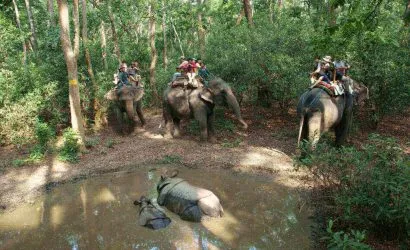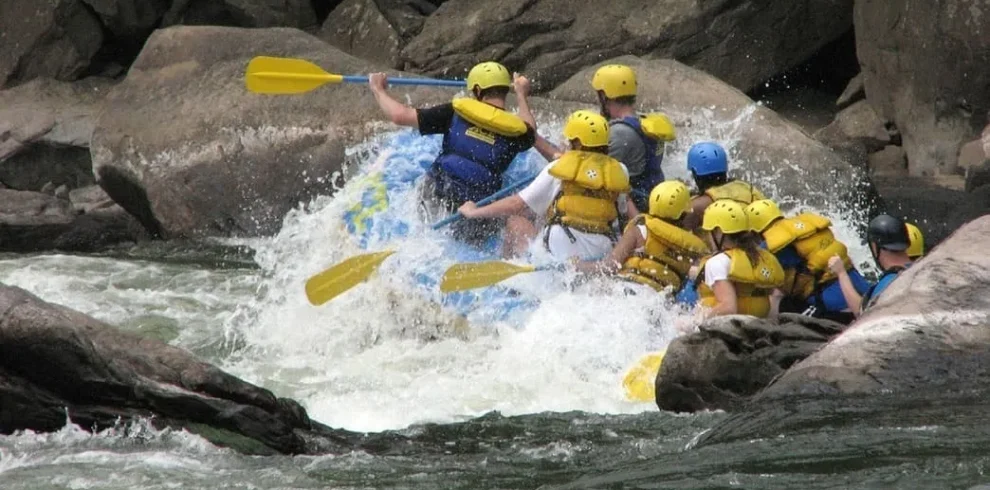- 7
- 2
- 1
- 1
Jungle Safari
A Jungle Safari is an overland journey, typically undertaken by tourists to explore and experience the wildlife in dense forests and jungles. While historically, safaris often involved big-game hunting, today the term generally refers to trips designed for observing and photographing wildlife, as well as hiking, bird watching, and sightseeing in natural habitats.
The word “safari” comes from the Swahili term meaning “journey,” which originated from the Arabic word for travel. In Swahili, the verb “kusafiri” means “to travel.” While the term is commonly associated with safaris in Africa, it can be used for any journey, such as traveling by bus or ferry. The word gained popularity in the English language in the late 1800s, largely due to the influence of explorer Richard Francis Burton.
In the 19th century, safaris were often more about exploration and experiencing nature. In 1836, William Cornwallis Harris led an expedition focused on documenting wildlife and landscapes, establishing the safari style that we associate with jungle safaris today. This style included early mornings with gentle wake-up calls, energetic walks throughout the day, afternoon rest periods, and concluding with evening dinners, storytelling, and socializing over drinks and tobacco.
Today, jungle safaris are widely popular for their focus on wildlife conservation and eco-tourism, offering a chance for visitors to connect with nature while exploring the rich biodiversity found in forests, jungles, and wildlife reserves.

- Jan
- Feb
- Mar
- Apr
- May
- Jun
- Jul
- Aug
- Sep
- Oct
- Nov
- Dec

- Jan
- Feb
- Mar
- Apr
- May
- Jun
- Jul
- Aug
- Sep
- Oct
- Nov
- Dec